The "Bank Dance" was filmed by Marc Webb (who directed (500) Days of Summer and this year's The Amazing Spider-Man) as a companion piece to (500) Days. The song is "Why Do You Let Me Stay Here" by Zooey's indie-folk-soul musical project with M. Ward, She & Him. Check it out in all its pants-splitting glory.
Summer: We've been like Sid and Nancy for months now.
Tom: Summer, Sid stabbed Nancy, seven times with a kitchen knife, I mean we have some disagreements but I hardly think I'm Sid Vicious.
Summer: No, I'm Sid.
Tom: Oh, so I'm Nancy...
So if you've ever wondered what exactly Joseph Gordon-Levitt would look like as Nancy or Zooey as Sid, wonder no more. CineMash has created a series of videos where actors can recreate some of their favorite scenes, and the world is a better place for it. (Warning: it's R-rated, as Sid and Nancy are wont to be.)

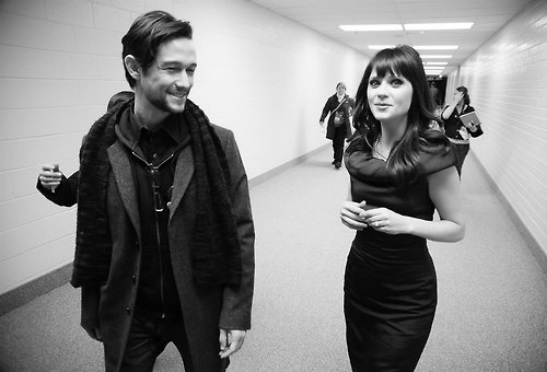

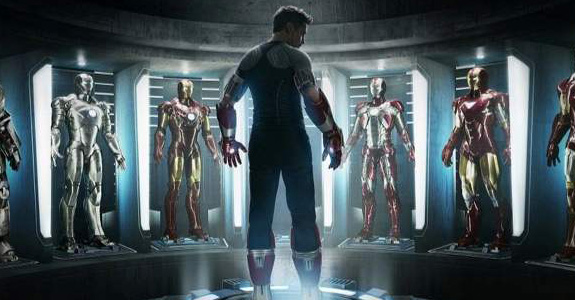
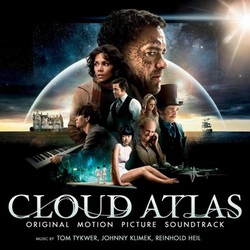
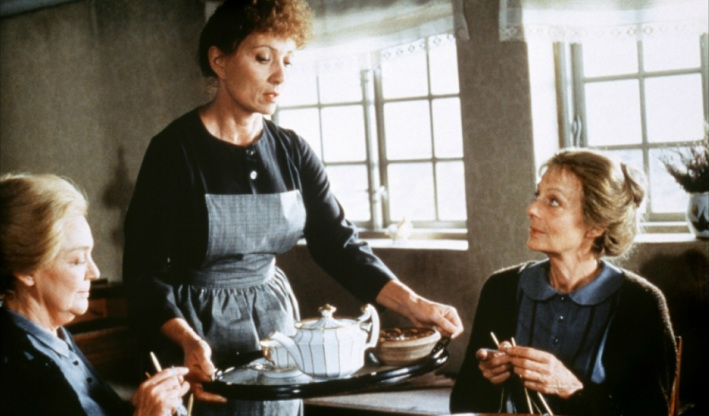

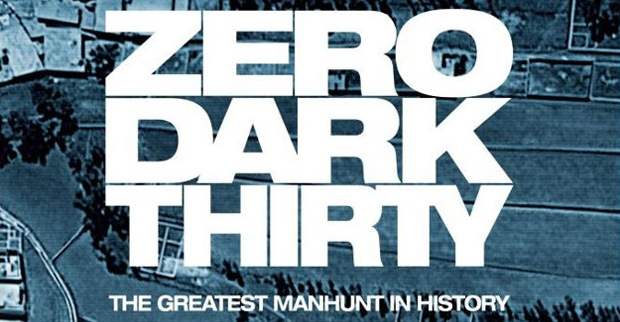
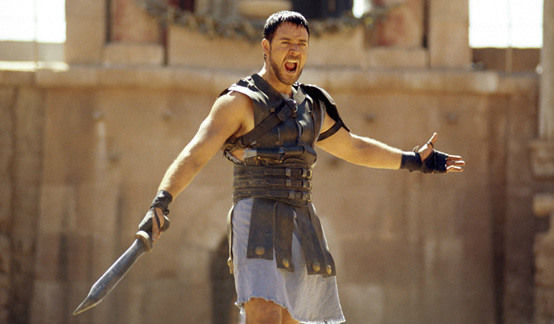
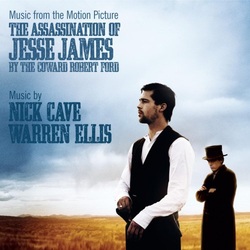
 RSS Feed
RSS Feed
